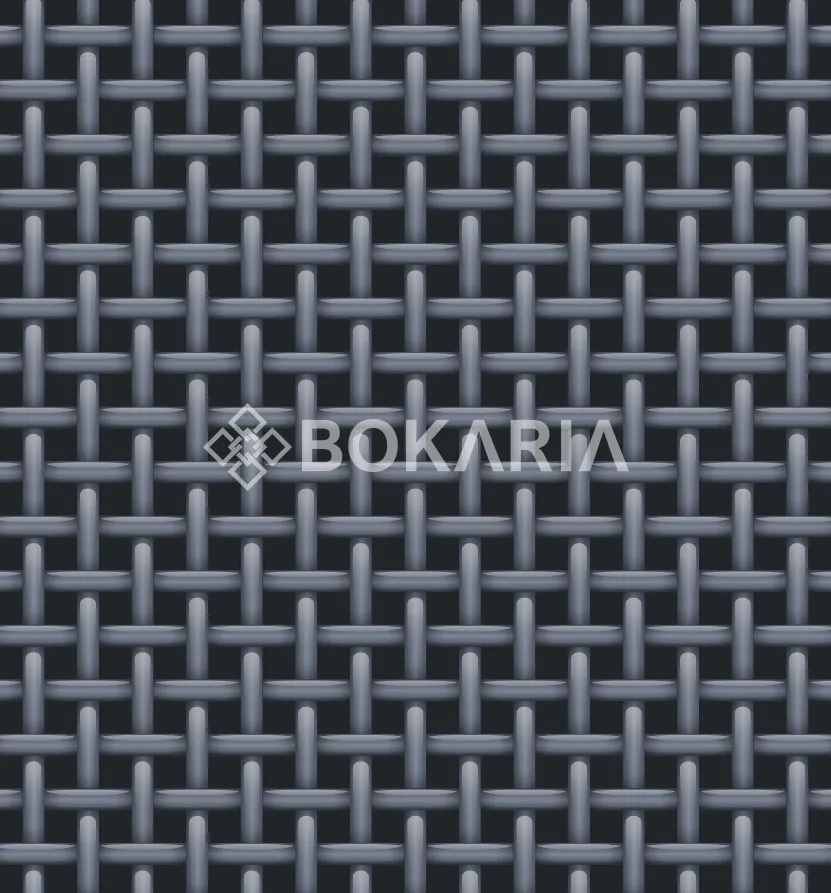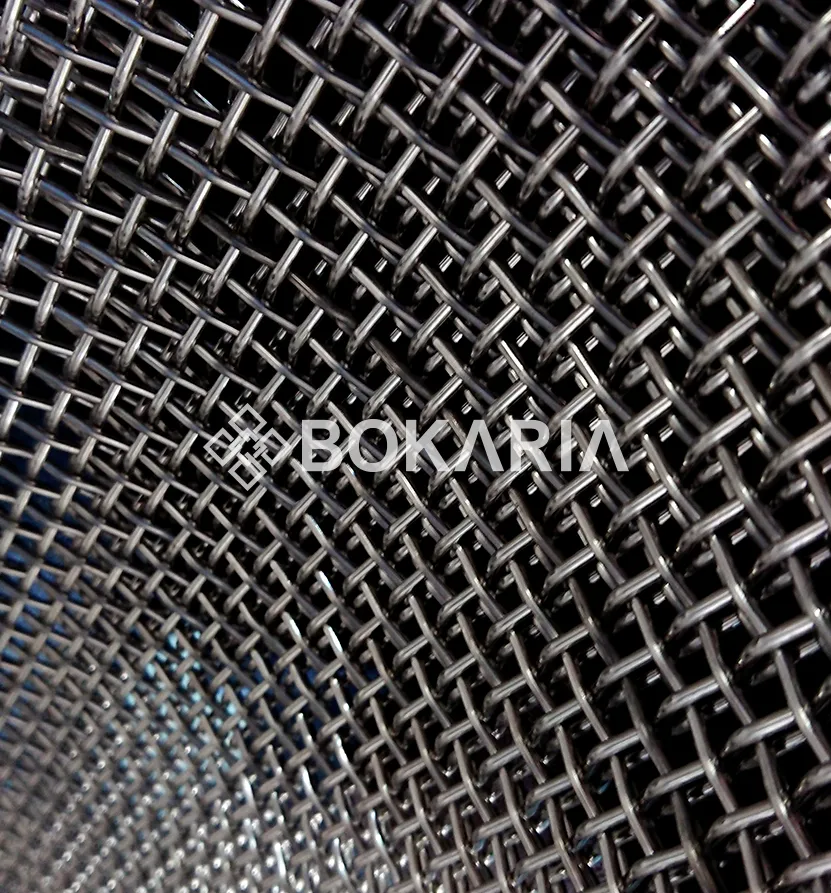Wiremesh
Wire mesh is a type of material that is made from interlocking metal wires or fibers to create a pattern of closely spaced holes or openings. The openings can be square, rectangular, or diamond-shaped, and the mesh can be made from a variety of metals such as stainless steel, aluminum, copper, and brass. Wire mesh is commonly used in industrial, commercial, and residential applications for purposes such as filtration, screening, fencing, and reinforcement. It is also used in construction, automotive, and aerospace industries for specific applications such as concrete reinforcement, air filtration, and soundproofing. Wire mesh comes in a variety of sizes, shapes, and materials, and can be customized to meet specific requirements for different applications.
- Description
- Types
- Specifications
- Applications
- Wire Mesh is used in a variety of industries, commercial setups, and even homes.
- These are made from high-quality raw materials such as mild steel, galvanised steel, stainless steel, spring steel, aluminium, brass, copper, nickel, phosphor bronze, monel, and so on.
- There are numerous wire meshes available, including the most popular plain weave, twill, plain dutch twill weave, reverse dutch weave, and multiplex weave.
- Weaving wires of various diameters also aids in determining the aperture, open area, and strength of the material.
- Galvanized iron (GI), stainless steel (SS), stainless steel with powder coating, brass, and copper are all available.
- Wire diameter: This refers to the thickness of the wire used to make the mesh. It is typically measured in gauge or millimeters.
- Mesh opening size: This refers to the size of the holes in the mesh. It is typically measured in inches or millimeters.
- Material: Wire mesh can be made from various metals including stainless steel, galvanized steel, copper, brass, and aluminum.
- Weave type: Wire mesh can be woven in different patterns such as plain weave, twill weave, and Dutch weave.
- Roll size: Wire mesh is typically sold in rolls of varying sizes, depending on the intended use.
- Tensile strength: This refers to the maximum amount of force that the wire mesh can withstand before breaking.
- Corrosion resistance: This refers to the ability of the wire mesh to resist rust and other forms of corrosion. It is important for outdoor applications or where the mesh may be exposed to moisture.
- Air conditioning systems
- Solar engineering
- Hydraulic systems
- Pharmaceuticals
- Aviation industry
- Construction
- Transportation belts
- Reinforcement & Strengthening
- Chemical industry
- Radio & Microwave screening


-
Wide choice of material
These can be manufactured using various metals like stainless steel, galvanized steel, copper, brass, and aluminium.
-
Different patterns
Wiremesh can be woven in different patterns such as plain weave, twill weave, and Dutch weave.
-
Corrosion proof
Wiremesh are highly resistant to corrosion that makes it a popular choice for outdoor applications.


